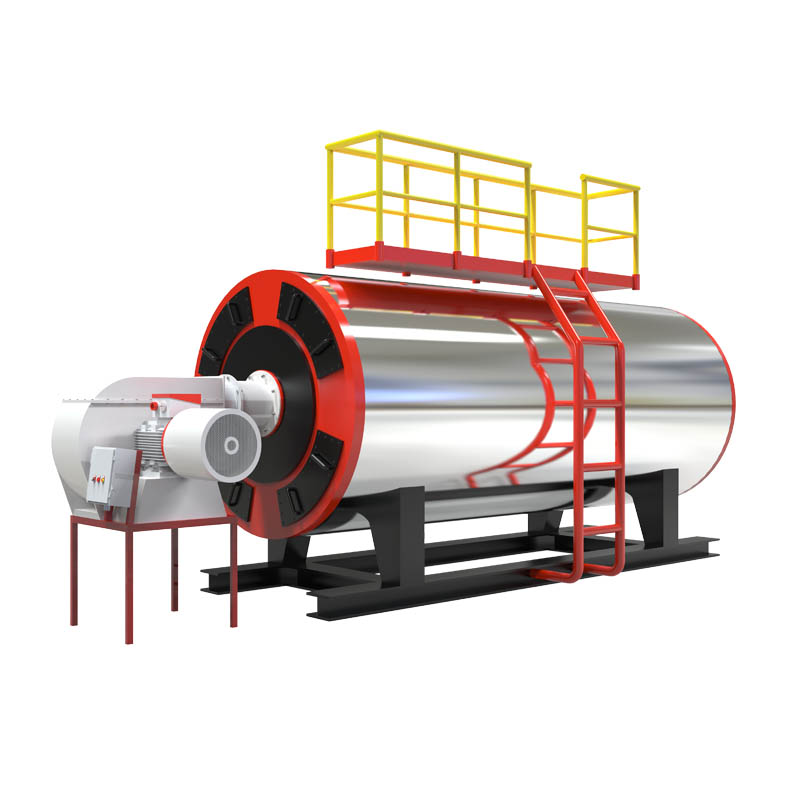
ডিসে. . 13, 2024 17:09 Back to list
steam boiler corrosion
Understanding Corrosion in Steam Boilers Causes, Consequences, and Prevention
Steam boilers play a crucial role in various industrial processes, providing necessary heat energy for power generation and other applications. However, one of the persistent challenges in maintaining the efficiency and longevity of steam boilers is corrosion. This article will explore the causes of corrosion in steam boilers, the consequences it can have on operations and safety, and strategies for prevention.
Causes of Corrosion
Corrosion in steam boilers primarily stems from the presence of water and the heat environment within the boiler system
. Several factors contribute to the corrosion process1. Water Quality The presence of impurities in the feed water, such as dissolved oxygen, carbon dioxide, and chlorides, can significantly accelerate corrosion. Oxygen can lead to oxidative corrosion, while carbon dioxide can form carbonic acid, contributing to acidic conditions that exacerbate the degradation of boiler materials.
2. Heat Fluctuations Steam boilers operate under high temperature and pressure conditions. These fluctuations can cause thermal stress, leading to the formation of micro-cracks in the boiler materials. Micro-cracks can increase the surface area available for corrosion reactions, facilitating further material degradation.
3. Poor Maintenance Inadequate maintenance practices can lead to the accumulation of deposits on boiler surfaces. These deposits create localized areas where water cannot circulate effectively, creating a conducive environment for corrosion processes. Additionally, failing to regularly blow down the boiler to remove sediments can also promote corrosion.
4. Material Selection The choice of materials used in constructing steam boilers is vital in preventing corrosion. Common materials may vary in their resistance to corrosive environments. For instance, carbon steel is more prone to corrosion compared to stainless steel or other alloys specifically designed to withstand high temperatures and corrosive conditions.
Consequences of Corrosion
The implications of corrosion in steam boilers can be severe and far-reaching. Corrosion can lead to
1. Reduced Efficiency Corroded surfaces can lead to increased resistance to heat transfer, resulting in reduced efficiency and increased fuel consumption. This inefficiency not only raises operational costs but also impacts productivity.
steam boiler corrosion

2. Equipment Failures Severe corrosion can compromise the structural integrity of the boiler. This can lead to leaks, ruptures, or catastrophic failures, posing significant safety hazards to personnel and the surrounding environment.
3. Increased Maintenance Costs Corrosion-related damage typically requires extensive repair or replacement, leading to increased downtime and maintenance costs. The financial implications can be significant, affecting the overall profitability of operations.
4. Contamination Corrosive processes can introduce contamination into the steam produced, potentially affecting downstream equipment or processes. Contaminated steam can damage turbines, heat exchangers, and other critical components in the system.
Prevention Strategies
Preventing corrosion in steam boilers requires a proactive approach. Here are some strategies to mitigate corrosion risks
1. Water Treatment Implementing a rigorous water treatment program is essential. This may involve removing impurities, controlling pH levels, and using corrosion inhibitors to minimize the corrosive effects of dissolved gases and minerals.
2. Regular Inspections Conducting frequent inspections and monitoring can help identify early signs of corrosion. Utilizing non-destructive testing techniques can provide insights into material integrity and assist in taking corrective actions before major issues arise.
3. Proper Design and Material Selection Choosing corrosion-resistant materials and designing the boiler system with circulation capabilities can significantly enhance resistance to local corrosion.
4. Effective Maintenance Practices Establishing a comprehensive maintenance schedule that includes regular blowdowns, chemical cleaning, and monitoring for deposits can help maintain boiler efficiency and longevity.
In conclusion, corrosion in steam boilers is a critical issue that can impact efficiency, safety, and costs. Understanding the causes and implementing effective preventive measures can help mitigate these risks, ensuring optimal performance and reliability in steam boiler operations.
-
Efficient Biomass Fired Hot Water Boiler | AI Heating Solution
NewsAug.01,2025
-
High-Efficiency Gas Thermal Oil Boilers | HPT Models
NewsJul.31,2025
-
Oil Fired Hot Water Boilers Sale - High Efficiency & Affordable
NewsJul.31,2025
-
High-Efficiency Commercial Oil Fired Steam Boiler for Industry
NewsJul.30,2025
-
High-Efficiency Biomass Fired Thermal Oil Boiler Solutions
NewsJul.30,2025
-
High Efficiency Gas Fired Thermal Oil Boiler for Industrial Heating
NewsJul.29,2025
Related PRODUCTS






















